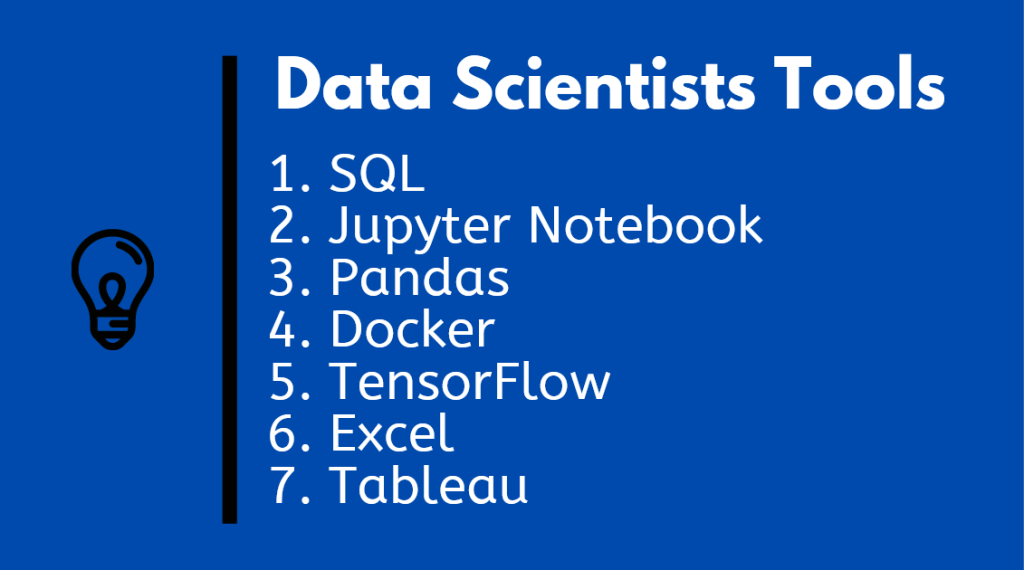
What is Machine Learning?

Machine Learning is a subfield of Artificial Intelligence that incorporates statistical models and algorithms to help computer systems learn from data and improve their performance on specific tasks. The core objective of Machine Learning is to enable computers to perform complex decision-making processes by learning from large datasets and providing accurate predictions or recommendations.
Applications of Machine Learning
The applications of Machine Learning are vast and diverse. Some of the most popular applications include:
– Speech and Natural Language Processing
– Image and Object Recognition
– Financial Forecasting
– Fraud Detection
– Recommender Systems
– Search Engines
– Medical Diagnosis
– Autonomous Vehicles
Types of Machine Learning Tools Available

Supervised Learning
Supervised Learning is the most common type of Machine Learning. In this approach, the algorithm is trained on labeled data that includes input variables and output variables. The goal is to map the input variables to the correct output variables, making it possible to predict the output for new, unlabeled data.
Unsupervised Learning
Unsupervised Learning is used when there are no labeled data available. The algorithm is trained on a dataset that contains only input variables, and the goal is to find patterns and relationships within the data without any prior knowledge of the output variables.
Semi-Supervised Learning
Semi-Supervised Learning is a combination of both supervised and unsupervised learning. In this approach, the algorithm is trained on a small amount of labeled data and a large amount of unlabeled data. The labeled data helps the algorithm learn the patterns in the data, while the unlabeled data helps the algorithm generalize its learnings.
Reinforcement Learning
Reinforcement Learning is the process of training an algorithm to make decisions by trial and error. The algorithm interacts with an environment and learns to maximize its performance by receiving rewards or penalties. This approach is commonly used in game development and robotics.
Top Machine Learning Tools for Data Scientists
Python Libraries for Machine Learning
Python is one of the most popular programming languages for Machine Learning. There are several Python libraries that are widely used by Data Scientists, including NumPy, Pandas, Matplotlib, and Seaborn.
TensorFlow
TensorFlow is an open-source Machine Learning library developed by Google. It is widely used in deep learning applications, including image and speech recognition.
Keras
Keras is a high-level neural network library built on top of TensorFlow. It is known for its ease of use and flexibility, making it popular among beginners and experts alike.
Scikit-Learn
Scikit-Learn is a Python library that provides a range of supervised and unsupervised learning algorithms. It is designed to be simple and efficient, making it a popular choice for Data Scientists.
Benefits of Machine Learning Tools in Business
Improved Decision Making
Machine Learning can help businesses make better decisions by providing accurate predictions and recommendations based on data analysis. This can help companies optimize their strategies and improve their bottom line.
Increased Efficiency and Productivity
Machine Learning can automate repetitive and time-consuming tasks, making it possible for employees to focus on higher-level tasks that require human intelligence. This can increase efficiency and productivity within an organization.
Cost Savings
By automating tasks and improving decision-making processes, Machine Learning can help businesses reduce costs and increase their profitability. This can be particularly beneficial for smaller businesses that have limited resources.
Challenges Associated with Machine Learning Tools
When it comes to machine learning tools, there are various challenges that users are likely to encounter. Some of the most common challenges include data quality and quantity, model selection and tuning, and interpretability and explainability.
Data Quality and Quantity
One of the primary challenges associated with machine learning tools is data quality and quantity. Machine learning models rely on large amounts of data to produce accurate results. However, if the data used is incomplete or biased, the resulting models will be flawed. To overcome this challenge, users need to ensure they collect and use high-quality data that is representative of the problem they are trying to solve.
Model Selection and Tuning
Another challenge associated with machine learning tools is model selection and tuning. There are numerous machine learning algorithms and different ways to tune them. However, choosing the right algorithm and tuning the model can be complex and time-consuming. Therefore, users must understand their data and the problem they are trying to solve to select the best model and parameters.
Interpretability and Explainability
Most machine learning models are considered black boxes since the internal workings are not transparent. This lack of explainability causes a challenge when trying to understand how models make decisions and justify their predictions. As a result, it can be challenging to achieve the trust needed for adoption by stakeholders.
Future of Machine Learning Tools and Its Advancements
The rapid advancements in technology have seen significant strides in machine learning tools and techniques. These advancements have opened the doors to more extraordinary possibilities, including automated machine learning, explainable AI, and federated learning.
Automated Machine Learning
Automated machine learning (AutoML) refers to the use of automated tools and techniques that make machine learning more accessible, efficient, and less time-consuming. AutoML automates tasks such as feature engineering, model selection, and hyperparameter optimization, allowing users to build machine learning models without in-depth knowledge of the technical details.
Explainable AI
Explainable AI (XAI) is a set of techniques and methods that make it possible for machine learning models to provide transparency and explainability in their decision-making process. XAI aims to build trust in machine learning models by providing interpretable models that deliver clear and concise explanations for every decision.
Federated Learning
Federated learning is a machine learning technique that enables the decentralization of model development. In this approach, data from multiple devices are used to train a model, and the models are then aggregated to a central server. This technique helps to maintain data privacy by keeping data on the device used, making it more secure and reducing the vulnerability to cyber-attacks.
Choosing the Right Machine Learning Tool for Your Needs
Choosing the right machine learning tool for your needs can be a daunting task. There are different factors to consider before settling on the best tool.
Factors to Consider
When choosing a machine learning tool, some crucial factors to consider include the size of the dataset, the type of problem you are trying to solve, the level of expertise needed, and the tool’s cost. Moreover, it would be best to consider the tool’s adaptability to your organization’s existing infrastructure and its scalability for future use.
Examples of Industry-Specific Machine Learning Tools
There are various machine learning tools that are specific to different industries. For instance, in healthcare, there are tools such as BioSymetrics, which uses machine learning to enhance clinical trials, while in the finance industry, tools such as Ayasdi use machine learning algorithms to detect fraud. Therefore, before choosing your machine learning tool, it would be best to research and understand the industry-specific software available.In conclusion, machine learning tools offer a powerful solution for businesses and organizations to extract insights and make informed decisions. With the increasing advancements in the field, it is important to keep up with the latest tools and techniques to stay competitive. By understanding the different types of machine learning tools and their benefits and challenges, you can choose the right tool for your specific needs and take advantage of the many opportunities that machine learning has to offer.
Frequently Asked Questions
What is machine learning?
Machine learning is a branch of artificial intelligence that involves developing algorithms and models that can learn and make predictions or decisions based on data, without being explicitly programmed.
What are some examples of machine learning applications?
Machine learning is used in a wide variety of applications, such as image and speech recognition, fraud detection, recommendation systems, predictive maintenance, and natural language processing.
What are the benefits of using machine learning tools in business?
Machine learning tools can help businesses make more informed decisions, increase efficiency and productivity, reduce costs, and improve customer experience.
What are some challenges associated with using machine learning tools?
Some of the challenges associated with using machine learning tools include data quality and quantity, model selection and tuning, and interpretability and explainability of results. It is important to address these challenges to ensure the accuracy and reliability of the models.